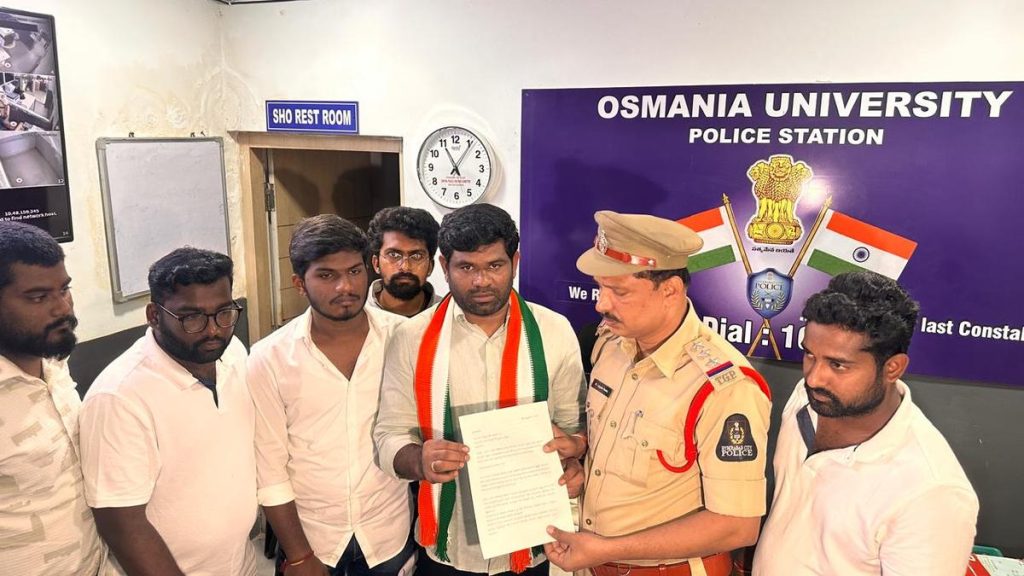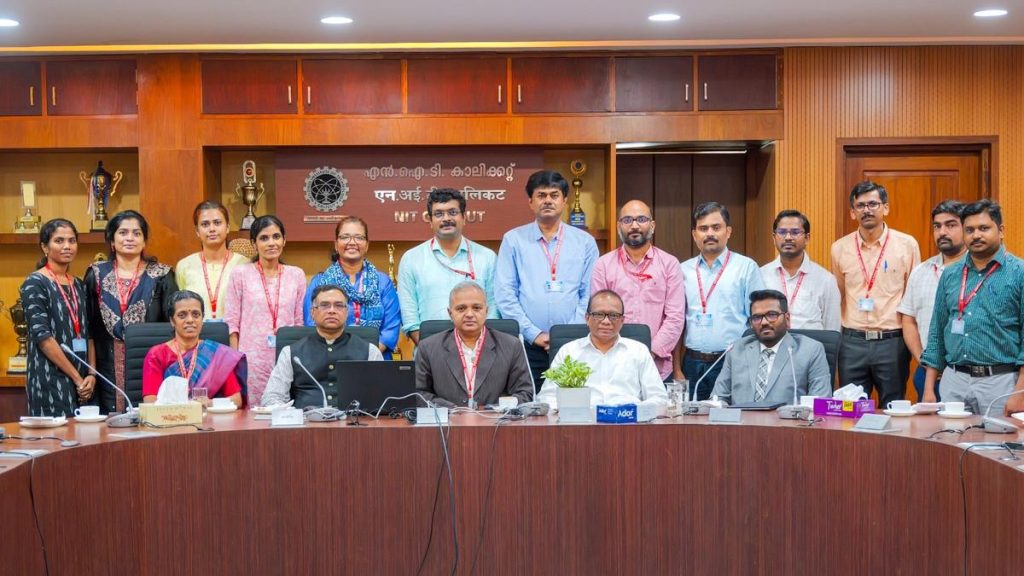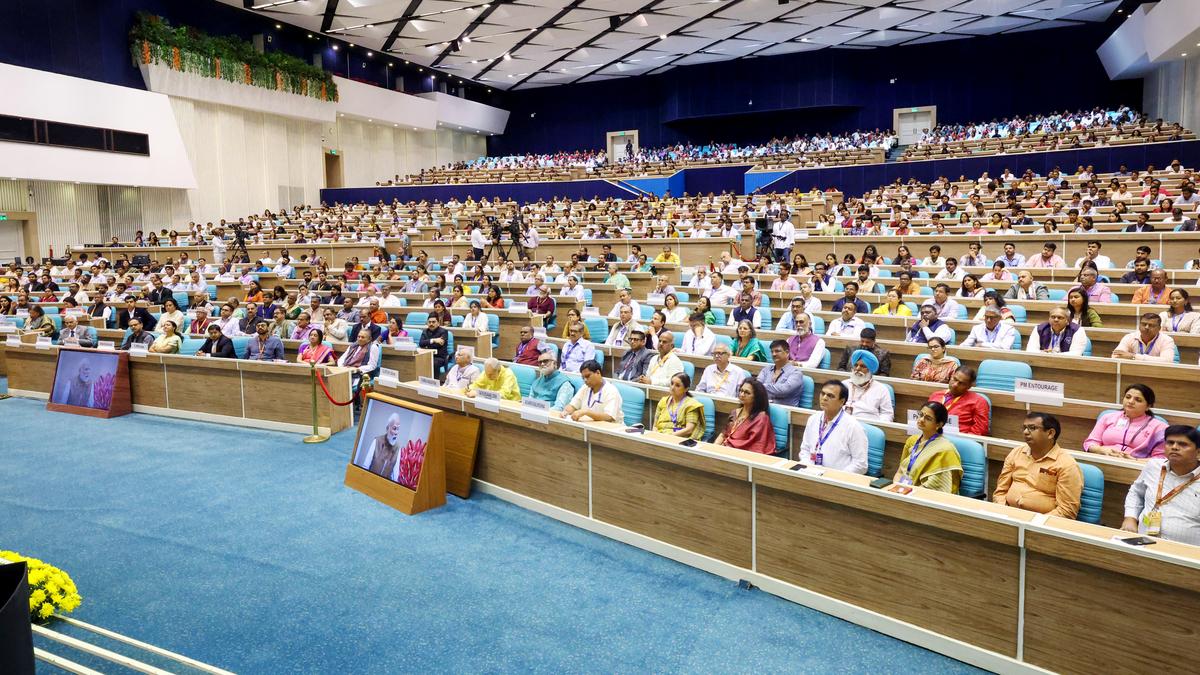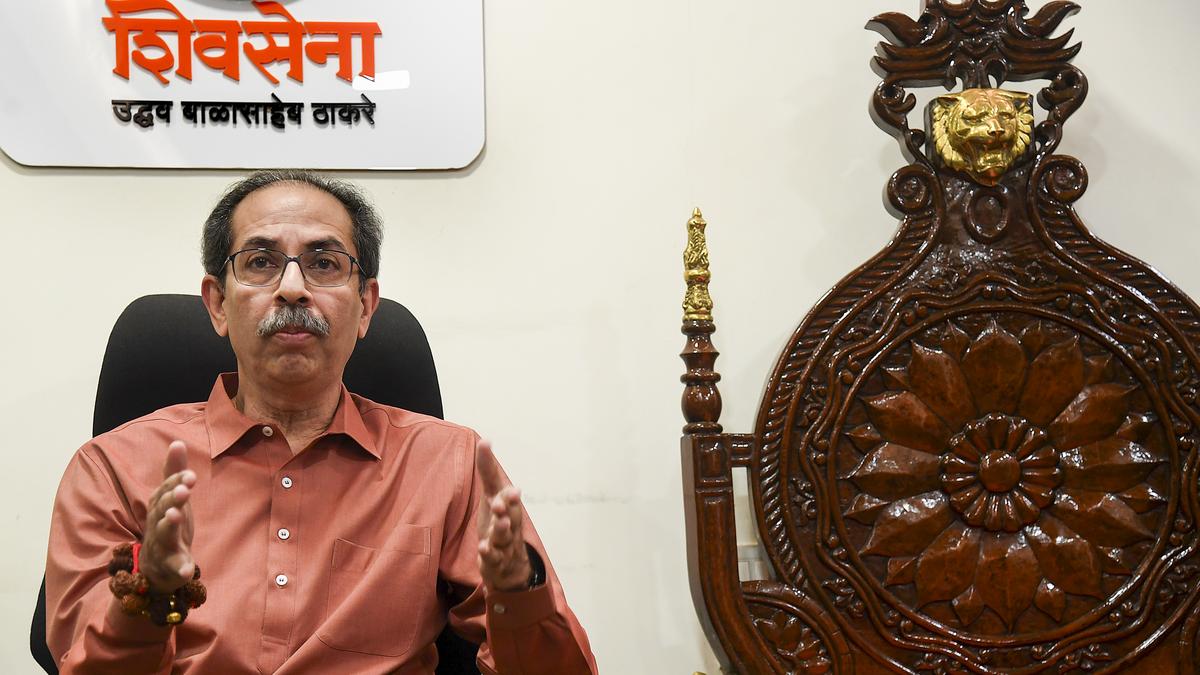Now Reading: Prasenjit Bose, Economist and Activist, Set to Join Congress
-
01
Prasenjit Bose, Economist and Activist, Set to Join Congress
Prasenjit Bose, Economist and Activist, Set to Join Congress
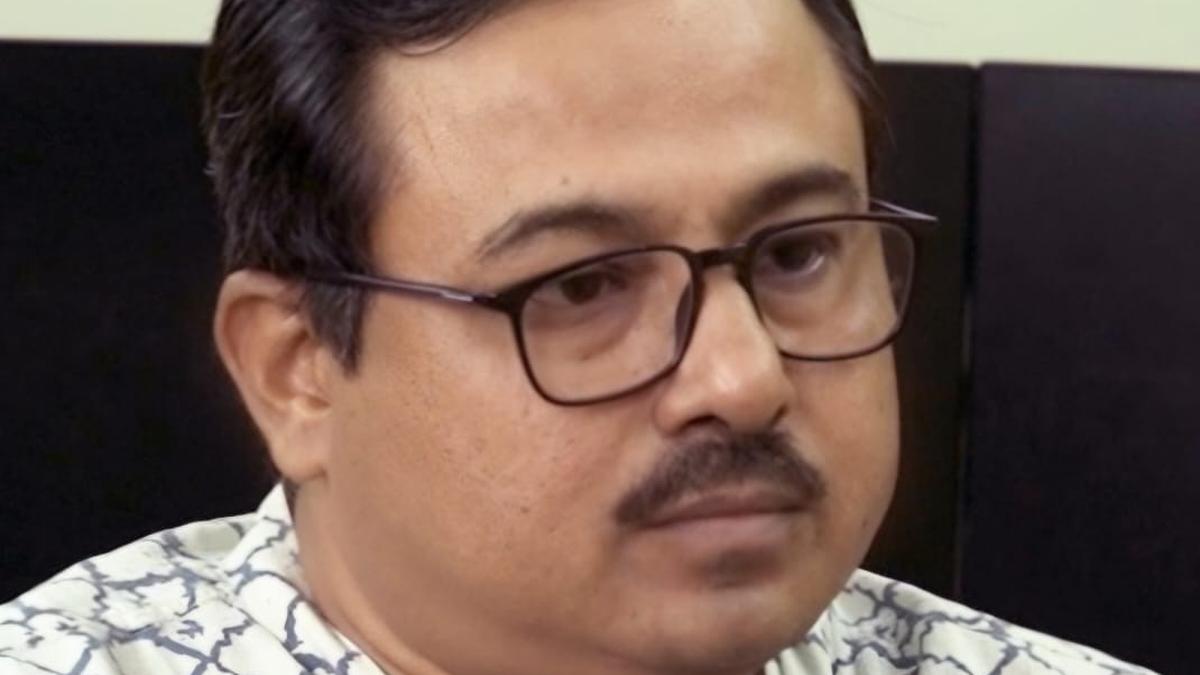
Fast Summary:
- Economist and social activist Prasenjit Bose,renowned in West Bengal politics,is set to join the Congress party.
- Bose resigned from the Communist Party of India (Marxist) in 2012 due to disagreements over supporting Pranab Mukherjee’s presidential candidacy.
- He has been active in leading movements against NRC and raising tribal rights issues in West Bengal’s Deocha Pachami Coal Mining project.
- Bose highlighted the current challenge as resisting Special Intensive Revision (SIR) to protect voting rights, an initiative expected to start in october.
- He views Congress leader Rahul Gandhi’s stance on relevant issues like caste census as meaningful and believes joining the party offers a wider platform for his activism.
- His induction is scheduled on September 15, 2025, at an event in Kolkata with State Congress President subhankar Sarkar present.
- Joining comes before West Bengal’s 2026 Assembly polls; currently, Congress has zero state assembly depiction but secured malda Dakshin Lok Sabha seat during 2024 elections.
- Historically allied with Trinamool Congress (2011), recent Coalition efforts with CPI(M) since 2016 have seen limited electoral success.
Indian Opinion Analysis:
Prasenjit Bose’s move to align with the Congress party signifies a convergence between grassroots activism and institutional politics. His track record of confronting policies like NRC and SIR positions him as a thought leader within circles advocating tribal rights and constitutional safeguards. For the struggling Congress party in West Bengal-without assembly representation but maintaining relevance through its Malda Dakshin Lok Sabha win-Bose’s addition could bolster its credibility ahead of state elections.
The timing reflects strategic planning for upcoming challenges such as expanding voter outreach amid polarizing reforms like SIR. However, given past setbacks from coalitions between Congress and CPI(M), it remains uncertain if Bose joining will aid broader revival efforts within Bengal’s shifting political landscape. Still, leveraging his experience around grassroots mobilization may enhance future campaigns while offering avenues to confront local governance gaps.
For more details: Read More


